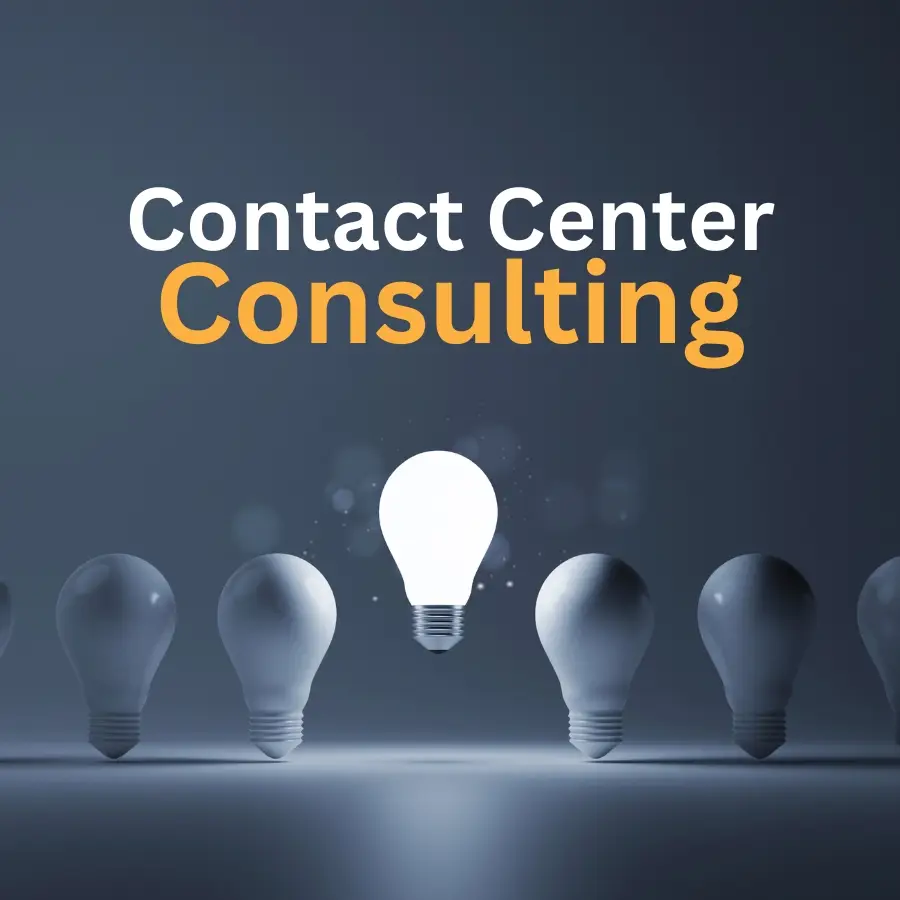In the fast-paced, customer-centric world of contact centers, a key driver of success is employee engagement. Engaged employees are more productive, provide better customer service, and are less likely to leave their jobs. Creating employee engagement has changed tremendously in the last five years, moving away from companies offering exclusively in-office setups to more remote and hybrid models. In fact, according to the NRG 2024 CX Executive Research Report, 42% of contact center leaders foresee using a hybrid model in the future.
If employees are not face-to-face with one another, how, as a leader, do you ensure engagement? The answer lies in creating a coaching framework that provides supervisors and managers a consistent opportunity to actively create positive interactions with their employees. This article will explore the five most critical elements of the coaching framework that will foster a positive organizational culture.
- Clear Objectives and Goals
This element is two-fold – not only do coaches need to provide their frontline team members with a clear objective in every coaching session, but the program itself should also have a clearly articulated goal and expected outcomes.
- Regular Coaching Sessions
Contact center leadership cannot rely on ad hoc coaching sessions and drive-by conversations to ensure employees are getting the needed facetime with their supervisors. Setting a regular cadence of coaching times to ensure consistency and ongoing support is essential. The most mature programs adjust the frequency of coaching sessions based on individual needs, performance levels, and tenure.
- Actionable Feedback
Coaching session formats should focus on providing constructive feedback that is specific and actionable. The best coaches can balance this constructive feedback with positive reinforcement that boosts morale. These coaches realize that sessions, where recognition and reward occur, create an even more accepting atmosphere for feedback to be actioned and improvements made.
- Individual Development Plans
Group feedback is meant to be given in group settings. High-level reminders about policies and behavior opportunities should be given during team meetings. As an organization, investing the time to provide individual meetings between supervisors and frontline team members should be used to provide specific and customized plans that address each employee’s strengths, weaknesses, career aspirations, and opportunities for improvement.
- Skilled Coaches
Great agents don’t always make great supervisors – it’s an adage leaders of contact centers know well. It is necessary to provide supervisors with the skills and training on how to coach effectively. It is not just about providing feedback, but it requires the skill to be empathetic while clearly and transparently communicating actions to take.
Effective coaching frameworks provide a positive environment where employees can thrive. Northridge has seen this when implementing coaching frameworks with our clients where not only does customer experience increase, but attrition declines because employees feel more engaged and valued in the organization. You can read more about these results in our case study here.
As some leaders shy away from putting a true coaching framework into place because of the fear of the cost of such a program. While it takes time to ensure coaching sessions can occur, many tools and AI technologies are creating tremendous efficiencies that allow supervisors to effectively fulfill their coaching duties.
Petra brings a breadth of strategic consulting experience in operations, process improvement, leadership development and cultural change. Previously, as a senior consultant for a privately held global operations improvement firm, Petra worked on various projects to reduce operating costs through production efficiency improvements and improve overall profitability through increased utilization of existing assets, and in-depth data analysis for better cost management.
Petra has diverse experience, consulting on projects in manufacturing, transportation, health care and logistics. She brings a positive impact to businesses by mining key business insights, sustaining achievements through cultural and behavioral change programs, and working to implement strategy and improve efficiency.
Petra holds a B.A. in Advertising from Marquette University in Wisconsin, graduating Magna Cum Laude. In addition, she holds a Masters in Urban Education from Mercy College in New York. She is fluent in Dutch, English, French, German and Spanish.




